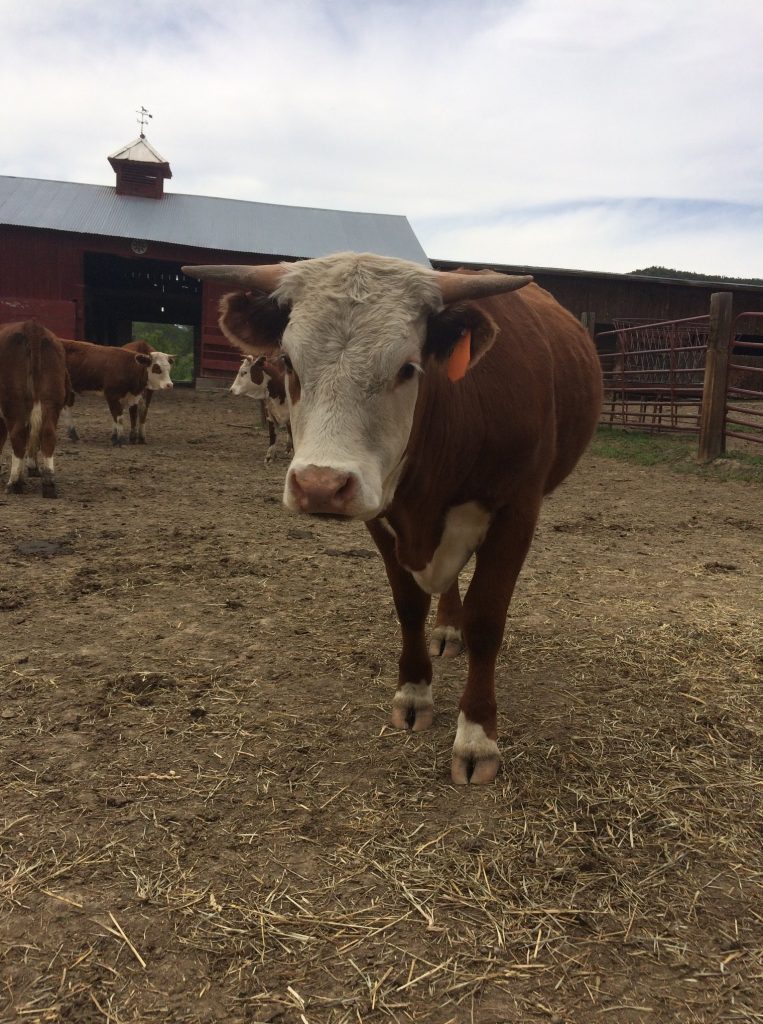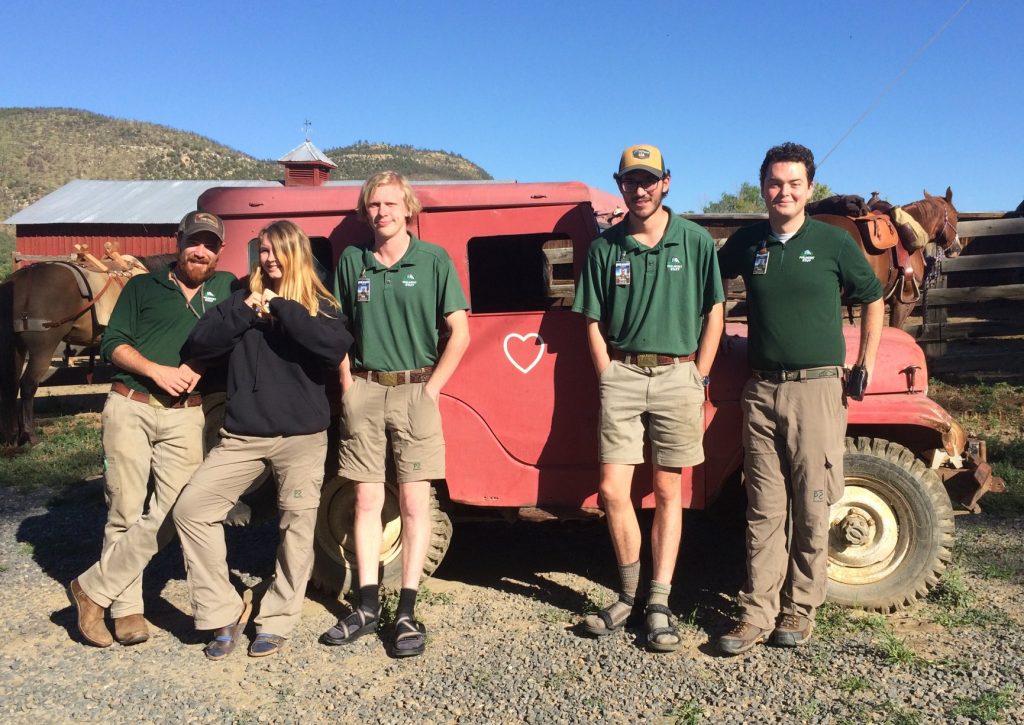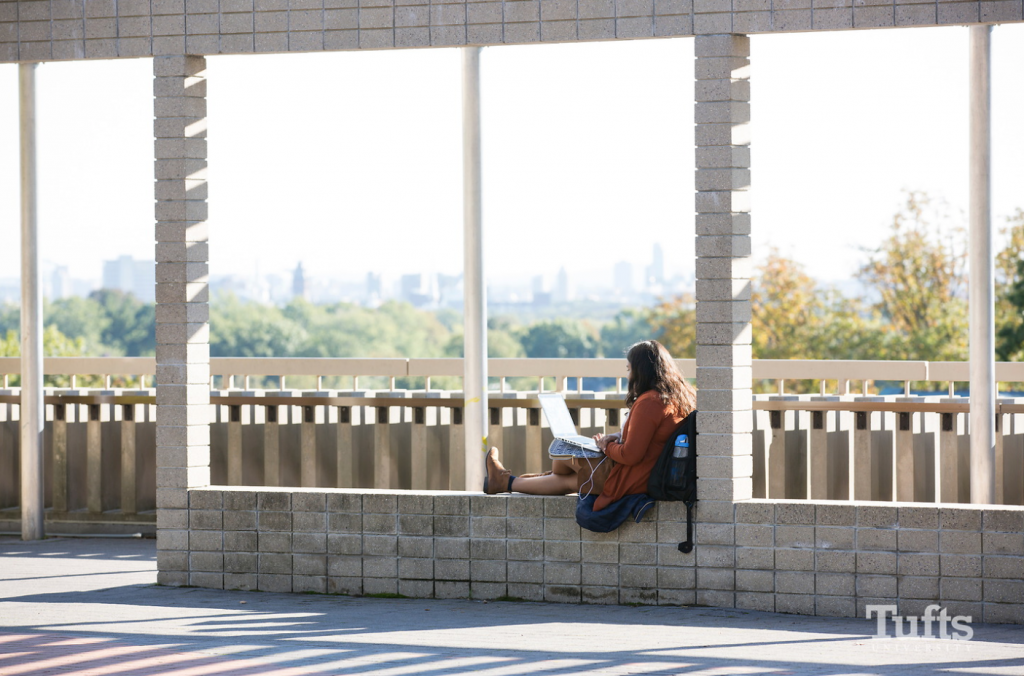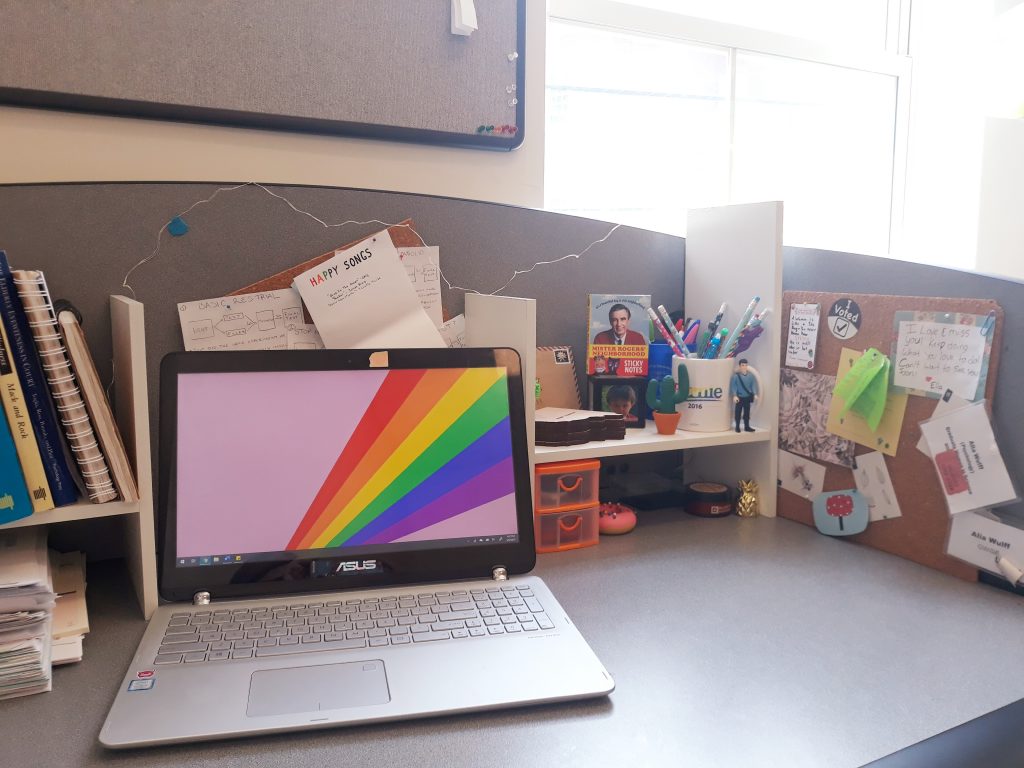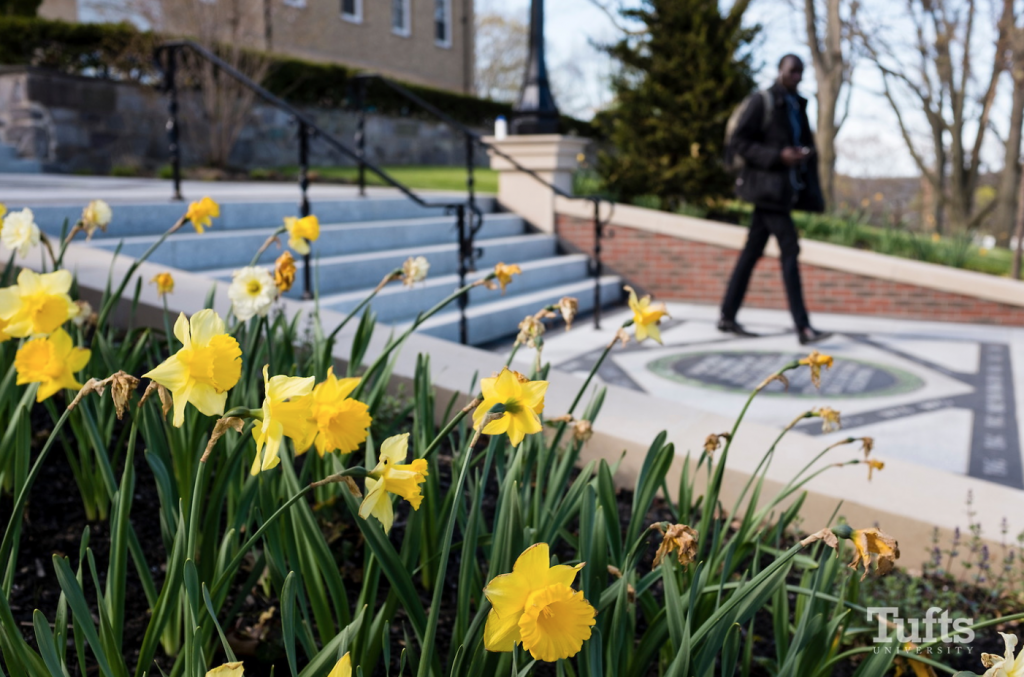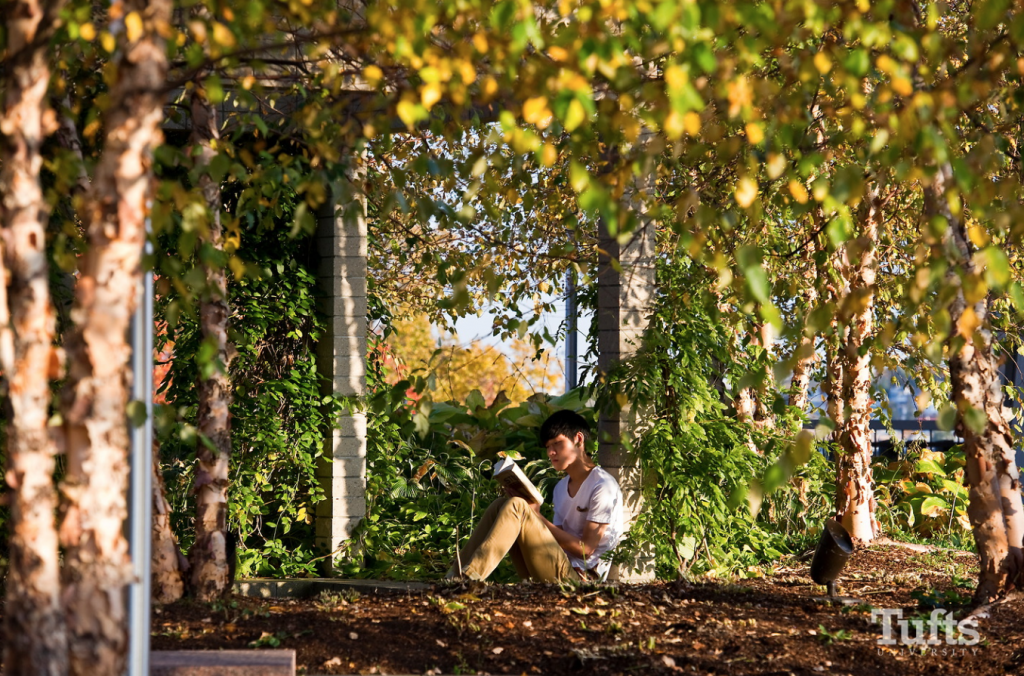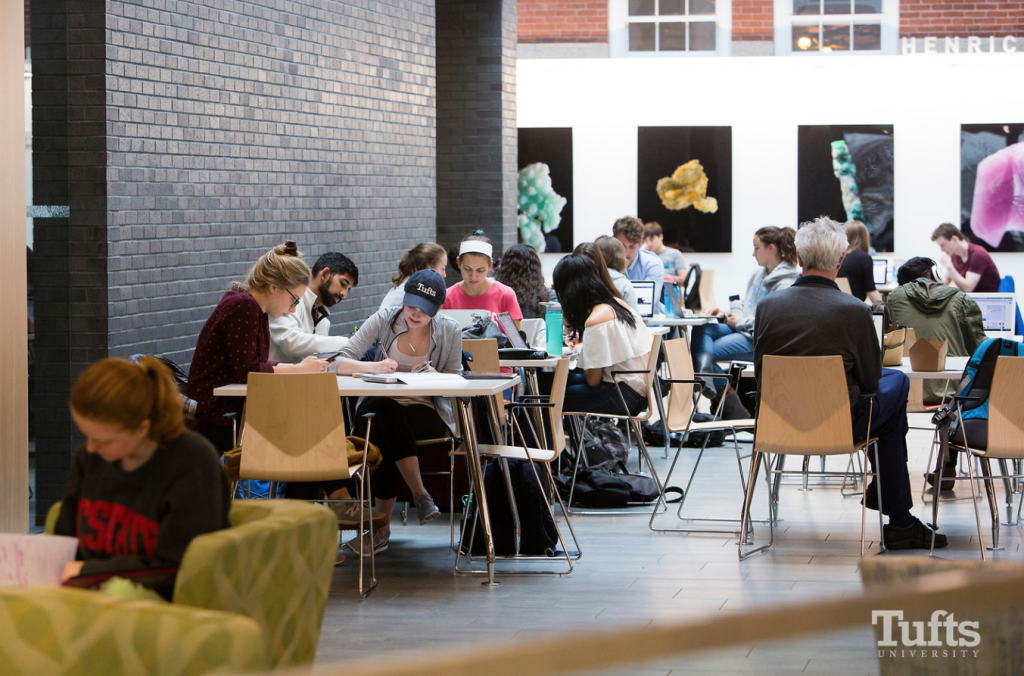
Written by Alia Wulff, Psychology Ph.D. student
I was fairly young when I discovered that getting a doctorate meant something other than becoming a medical doctor, which meant that I was fairly young when I decided that I was going to get a doctorate. I’ve been working towards this since I was five, and even though the path to get here was hard and full of unexpected gap years and tough situations, I am very happy to finally be here.
But my story isn’t everyone’s story. Not everyone learns about doctoral programs when they are five years old and decides to get their Ph.D. before they even start going to full-time kindergarten. Some people might be considering this fresh out of undergrad, wondering if they need graduate school or even if they made the right decision to apply. So I asked some friends for their stories, gathered up ideas, and wrote a list of common reasons why people should (or shouldn’t) go to grad school.
You have a dream job that needs a graduate degree
This one is very common. If your dream job is to become a professor at a university and mentor undergraduates or graduates while working on your own research, it is almost guaranteed that you need a Ph.D. Similarly, there are many lab manager, industry professional, and administrative positions that require a master’s degree, at minimum. Research what you need in order to succeed in your field and go for that.
You need to advance in your career
On a related note, sometimes getting that master’s or Ph.D. will help you go further in a career you already have. That is awesome! I know many people, especially teachers, who go this route. Getting a graduate degree can help advance your knowledge of the field, increase your salary, or even land you a promotion.
Side note: don’t get more than you need if the previous two reasons are why you are attending graduate school. If you need a master’s, don’t go to a Ph.D. program. It will take at least twice as long, is much more likely to be full-time, and may even make you overqualified for your desired position.
You want the opportunity to improve your research capabilities
While there are plenty of industry jobs that require you to do research, they generally don’t give you the same educational support that grad school does. If you’re working on Project X for a company, you might learn exactly how to complete the necessary tasks A, B, and C. If you’re working on Project X in grad school, you might learn the theoretical backgrounds of tasks A and B, the reasons why task C is so important to the project, and how to do related tasks D, E, and F, along with the research another professor is doing regarding Project Y. And, maybe you work with them for a bit to see if that is interesting, and if it will help you develop Project Z for your dissertation. The breadth of knowledge and understanding you develop for your work is built into the graduate program. You might get this depth of experience in industry depending on your field, so it’s up to you to decide if a graduate degree will get you an education your field cannot provide you with.
You love to learn
This does not mean the same thing as “you like school.” Graduate school isn’t set up to be the same school experience as high school or even undergrad. It is more challenging, more demanding, and designed to expand your mind more than it is designed to teach you things. If you have a passion for learning and growing, and love what you are learning, grad school is likely worth it. This is the reason I decided to go to graduate school when I was five, and it is still one of my most important reasons for staying. I love being here, I love learning, researching, and growing every day. It’s hard, but I don’t regret it.
Of course, these are not all of the reasons to attend grad school. There are many, many, many more. And there are just as many reasons to not attend grad school. What matters is that you make the decision for yourself, based on your own desires and goals. You can talk to your advisor, your friends, current graduate students, potential schools, or your employer, but when it comes down to it, the decision is yours to make. Make sure that you know you are doing what is best for you, so that you are as prepared as possible should you decide to pursue applying to graduate school.


